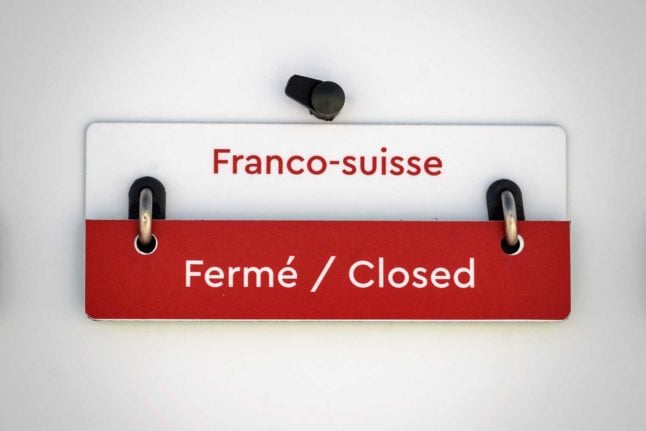Vaud
Vaud deputy Philippe Leuba said on Friday afternoon that in order to curtail the rising number of Covid-19 infections in the canton, customers in stores with 10 or more shoppers will have to wear masks starting on July 8th.
“You will only enter Migros or Coop with a mask on your face”, he said.
In smaller shops with less than 10 customers, only the sales personnel will have to use masks.
Jura authorities also decided that customers must wear masks in all the shops beginning on July 6th and until September.
Jura
Vaud and Jura’s decision comes only days after the Federal Council mandated the use of masks on the public transportation system.
The decision to wear masks in the shops, however, is up to cantonal, not federal authorities.
On the other hand, Vaud announced that it is not requiring masks in nightclubs, where several cases of contamination have been found in recent weeks in other parts of Switzerland, though not in Vaud.
Although 300 unmasked revellers in a Zurich club who failed to keep the recommended social distance of 1.5 metre were quarantined when an infection was discovered in their midst, the Vaud government is banking on traceability rather than masks.
“Identifying people will have to be more meticulous”, Leuba said.
This means each person who comes to a night club or a discotheque will have to give a telephone number, and the staff at the entrance will have to call the person immediately to verify.
Taking clients' temperature is also recommended.
Geneva
Geneva was late to put in a mask requirement, doing so on July 28th for all shops and airport.



 Please whitelist us to continue reading.
Please whitelist us to continue reading.
Member comments